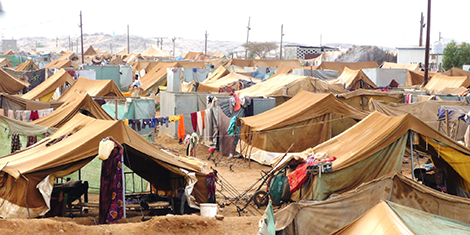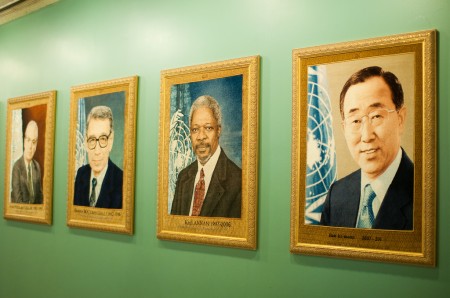
This article was originally published by Saferworld on 19 August 2019.
To mark World Humanitarian Day, Saferworld’s Director of International Programmes, Susana Klien, looks at what it means to embark on bold reform of the humanitarian system, and explores how power can be shifted to those affected by conflict and crisis.
One of my favourite Paulo Freire’s quotes says that “the more radical the person is, the more fully he or she enters into reality so that, knowing it better, he or she can transform it. This individual is not afraid to confront, to listen, to see the world unveiled. This person is not afraid to meet the people or to enter into a dialogue with them. This person does not consider himself or herself the proprietor of history or of all people, or the liberator of the oppressed; but he or she does commit himself or herself, within history, to fight at their side.”




